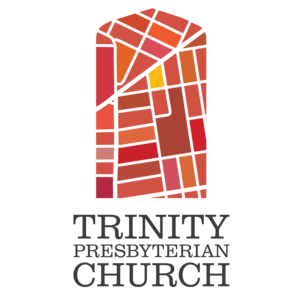During the season of Lent, various members of Trinity’s community will share what has nurtured their faith during their life’s journey. This week, we hear from Don B.
I left the church and abandoned my faith from the ages of 18-41. In that period of my life, I focused too much on those voices in the church that equated the American dream with the embodiment of Christianity.
I told myself that if that is what Christianity means then I wanted nothing to do with it. Fortunately, Christ’s spirit is so much bigger than any small minded notion of “religion” that I literally fell to my knees in 1991 and begged God to open my heart to his truth.
Jonathan Walton’s book, (2019) Twelve Lies that Hold America Captive: And the Truth that Sets Us Free speaks to the dichotomy between White American Folk Religion (WAFR), which embraces the pursuit of peace, prosperity and happiness, our “right” given to us by our Constitution, and and the building of God’s kingdom here on earth and beyond. In its most “meaty” form, the season of Lent focuses upon redemption, forgiveness, submission, and a path to new beginnings, Walton makes the case that the tenets of American life that we often just accept as truths (these are the Twelve Lies, such as we are a Christian nation, all men are created equal, we are the most generous nation in the world, America is the land of the free) interfere and may be in direct conflict with establishing God’s kingdom. For example, when Walton discusses the tenet of “America is the Greatest Nation on Earth, he says:
“All of us have to choose who we will serve. We can worship at the altar of work and performance for a reward. Or we can rest in Christ and work in response to the reception of our reward in full as we are adopted into the family of God and filled with the holy Spirit by his glorious grace. The myth of American exceptionalism and the lie the America is the greatest country in the world is the extension of the individual belief that I am the best. And no person can bear this burden of superiority and supremacy, except for Christ (p. 168-9).”
I am hoping that a few of us can meet during Lent ,perhaps as part of a dinner group, to listen carefully to each other, to hear each other’s stories, and to delight in discovering the truths that set us free. The value of sharing time in this book and gathering in community is not to agree with everything that Walton says but to have a meaningful, reflective, honest conversation about how the culture that we all live in affects our ability to truly carry out the Gospel and build God’s kingdom.



